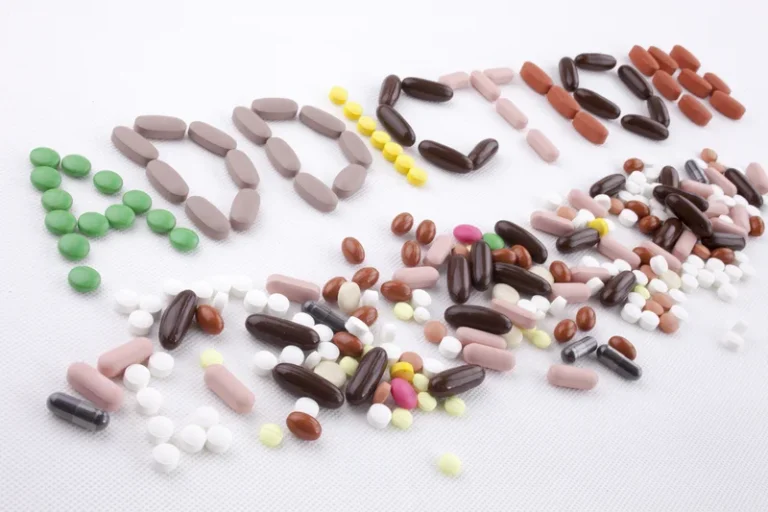Alcohol and Liver: Effects of Minor to Severe Damage

Because alcohol is a central nervous system depressant, it may slow the rate of breathing as well as reduce the brain’s respiratory center’s sensitivity to carbon dioxide levels. As a result, excess carbon dioxide accumulates, and the body’s acid level subsequently increases. Respiratory acidosis is rare but carries an ominous prognosis when it occurs. One of the main functions of the kidneys is to regulate both the volume and the composition of body fluid, including electrically charged particles (i.e., ions), such as sodium, potassium, and chloride ions (i.e., electrolytes).
Stop drinking
However, eligibility may depend on being abstinent from alcohol for a specific length of time. Someone with decompensated cirrhosis may develop ascites (or fluid in the abdomen), gastrointestinal bleeding, and hepatic encephalopathy, in which the brain is affected. Alcoholic hepatitis occurs when the liver becomes damaged and inflamed. Symptoms include fever, jaundice (yellowing of the skin), malnourishment, swelling, and accumulation of fluid around the liver. The slope of the estimated glomerular filtration rate (eGFR) over 12 years according to baseline alcohol consumption categories among 5729 participants. Data from 10,030 participants were extracted from a de-identified dataset for analysis, and 9724 participants who had baseline data on alcohol consumption were included in our cohort.

Find a Treatment Center
- CYP2E1 is of particular interest when thinking about potential mechanisms for alcohol-related kidney damage.
- That’s because your body already has processes in place that allow it to store excess proteins, carbohydrates and fats.
- In addition, alcohol can disrupt the hormonal control mechanisms that govern kidney function.
Having a high body mass index (BMI, a calculation based on height and weight but not taking into account other variables affecting weight) has been shown to increase mortality rates (being subject to death) and the risk of liver cancer. Reducing weight if you’re overweight, eating a healthy diet, and regular exercise can help someone with early ALD who has stopped drinking decrease their risk of advanced liver disease. Sex, age, primary diseases, initial GFR, individual differences, and dietary structure can all influence the results of a study.
- With progression, liver failure can lead to hepatorenal syndrome (HRS) in which the kidneys also start to fail.
- Cirrhosis, on the other hand, is irreversible and can lead to liver failure and liver cancer, even if you abstain from alcohol.
- More information and support for people with alcoholic liver disease and their families can be found by joining support groups for alcoholism or liver disease.
- Along with oxidative stress, increasing evidence suggests that some nonoxidative mechanisms also factor into alcohol-related organ damage.
Treating alcohol-related liver disease (ARLD)
- Many studies have confirmed that unhealthy diet and lifestyle can cause various diseases, and heavy alcohol consumption is one of the important factors [66].
- 2The terms “alcoholic patient” and “alcoholism” as used in this article are summary terms for the diagnoses of alcohol abuse and alcohol dependence as defined variously by the studies cited.
- These new drugs should dramatically facilitate treatment of cirrhotic patients with impaired fluid handling.
In many patients with liver cirrhosis, the kidneys’ ability to create dilute urine is compromised, leading to a state of abnormally low sodium concentration (i.e., hyponatremia). In hyponatremic patients, the amount of fluid retained by the kidneys is disproportionately greater than the amount of sodium retained. In other words, the kidneys’ ability to excrete excess fluid by way of dilute urine is impaired, and too much fluid is reabsorbed.

Indirect Effects
After excluding participants without data on serum Cr at baseline and the sixth phase of follow-up, data from 5729 participants were available for analysis. A flow diagram summarizes cohort construction (Supplementary Fig. 2). If you drink every day, or almost every day, you might notice that you catch does alcohol affect your kidneys colds, flu or other illnesses more frequently than people who don’t drink. That’s because alcohol can weaken your immune system, slow healing and make your body more susceptible to infection. Having a glass of wine with dinner or a beer at a party here and there isn’t going to destroy your gut.
Abstinence is one of the characteristics of human drinking habits; many doctors will encourage patients to stop drinking, which may be good for their health [121]. As for the kidney damage caused by alcohol, some studies discovered that the patients’ renal function recovered after abstinence [1]. However, others also found that abstinence cannot completely repair the kidney injury [26]. Unfortunately, existing clinical studies have not analyzed why some patients with CKD give up drinking and the influence of giving up drinking on the prognosis of these patients. In contrast, Menon et al. could not find any adverse or beneficial effects of alcohol consumption on kidney function in the elderly [88].
Additional tips for boosting liver health



